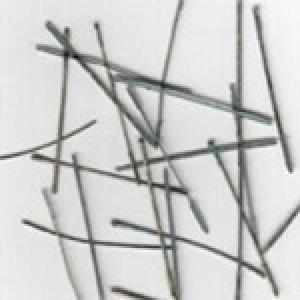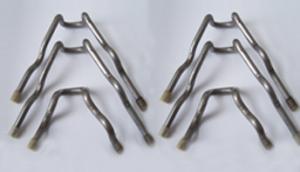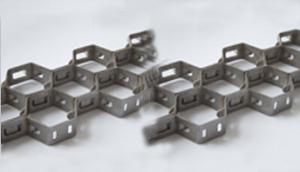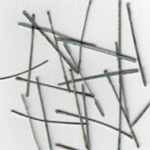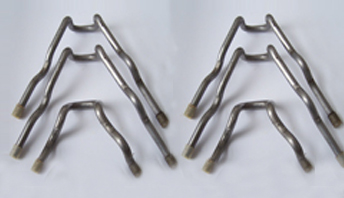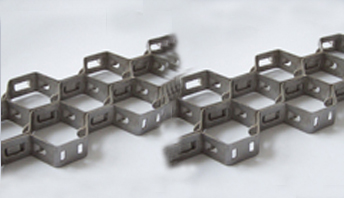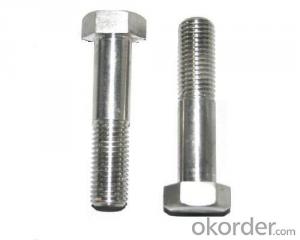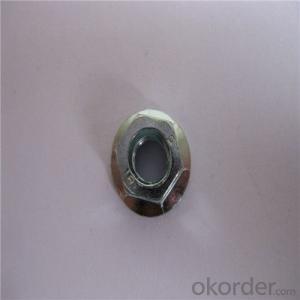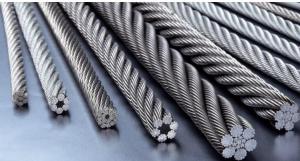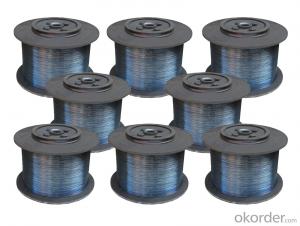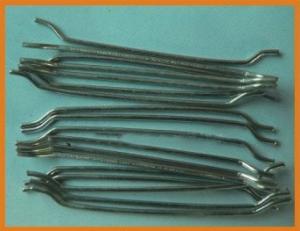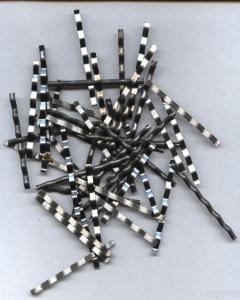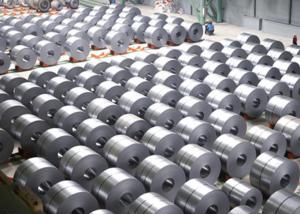Hex Steel pipe good quality
- Loading Port:
- China Main Port
- Payment Terms:
- TT OR LC
- Min Order Qty:
- -
- Supply Capability:
- -
OKorder Service Pledge
Quality Product, Order Online Tracking, Timely Delivery
OKorder Financial Service
Credit Rating, Credit Services, Credit Purchasing
You Might Also Like
Hex Steel
 |
- Q: What are the cost implications of using steel products in various applications?
- The cost implications of using steel products in various applications can vary depending on factors such as the type of steel used, the size and complexity of the application, and market conditions. Generally, steel products tend to have higher upfront costs compared to other materials, but they also offer long-term durability and strength, reducing maintenance and replacement costs. Additionally, steel's recyclability and versatility contribute to its overall cost-effectiveness. However, fluctuations in steel prices, transportation expenses, and specialized fabrication requirements can impact the overall cost of using steel products in different applications.
- Q: How are steel billets produced?
- Steel billets are produced through a process called casting, where molten steel is poured into molds and then cooled and solidified to form rectangular or square-shaped blocks. These billets are then further processed through rolling or extrusion to create various steel products.
- Q: How are steel pipes used in the transportation of water and sewage?
- Steel pipes are commonly used in the transportation of water and sewage due to their durability, strength, and resistance to corrosion. These pipes are used to create underground or aboveground pipelines that efficiently and safely transport water and sewage from one location to another. The steel pipes are typically laid in a network that connects various sources of water or wastewater treatment plants to homes, businesses, and other facilities. Additionally, steel pipes can handle high pressure and are less prone to leaks, making them an ideal choice for water and sewage transportation systems.
- Q: How is steel used in the agricultural industry?
- Steel is commonly used in the agricultural industry for various purposes such as constructing buildings, barns, and storage facilities, manufacturing agricultural equipment like tractors, plows, and harvesters, as well as fencing and irrigation systems. Its strength, durability, and resistance to corrosion make it an ideal material for these applications, ensuring the longevity and efficiency of agricultural operations.
- Q: Can steel be recycled? If so, how?
- Yes, steel can be recycled. The process of recycling steel involves collecting and sorting the steel scrap from various sources, such as old cars, appliances, and construction materials. After collection, the steel scrap is melted in a furnace to remove impurities. The molten steel is then cast into desired shapes, such as beams or sheets, and can be used to manufacture new steel products. Recycling steel not only conserves natural resources but also reduces energy consumption and greenhouse gas emissions compared to producing steel from raw materials.
- Q: What are the factors to consider when selecting the right type of steel for a specific application?
- When selecting the right type of steel for a specific application, several factors need to be considered. These factors include the required strength and hardness of the steel, its corrosion resistance properties, the temperature and environment in which it will be used, the desired formability and weldability, as well as cost considerations. Additionally, factors such as the required size and shape of the steel, its machinability, and any specific industry standards or regulations that need to be met should also be taken into account. Ultimately, selecting the right type of steel involves evaluating all these factors to ensure that it meets the specific requirements of the application in terms of performance, durability, and cost-effectiveness.
- Q: What are the properties of carbon steel for industrial use?
- Carbon steel is a popular choice for industrial applications due to its unique properties. It is a strong and durable material, with a high tensile strength and excellent hardness. Carbon steel is also known for its good thermal conductivity and electrical conductivity, making it suitable for various heating and electrical applications. Furthermore, carbon steel is highly malleable and can be easily shaped and machined, allowing for versatile use in different industries. It is also relatively affordable and readily available, making it a commonly used material in construction, manufacturing, and engineering.
- Q: What are the different types of heat treatment processes for steel?
- There are several different types of heat treatment processes for steel, including annealing, normalizing, quenching, tempering, and case hardening.
- Q: What are the applications of steel in the water treatment industry?
- Steel is widely used in the water treatment industry due to its durability, corrosion resistance, and strength. It is commonly used in the construction of water treatment plants, pipelines, tanks, and equipment such as pumps and valves. Additionally, steel is used in filtration systems, screens, and membranes, ensuring efficient water purification processes.
- Q: What are the different types of steel fasteners and their uses in machinery?
- There are several types of steel fasteners used in machinery, including bolts, screws, nuts, washers, and rivets. Bolts are used to hold two or more objects together with the help of a nut and are commonly used in heavy machinery. Screws are similar to bolts but have a threaded shaft and are used to secure objects together without the need for a nut. Nuts are utilized to secure bolts and screws in place, providing a strong and secure connection. Washers are thin metal discs used under nuts or bolts to distribute the load and prevent damage to the surface. Lastly, rivets are permanent fasteners used to join two pieces of metal together by deforming the end of the rivet to create a strong connection. Each type of steel fastener has its own specific use in machinery, ensuring stability, strength, and reliability in various applications.
Send your message to us
Hex Steel pipe good quality
- Loading Port:
- China Main Port
- Payment Terms:
- TT OR LC
- Min Order Qty:
- -
- Supply Capability:
- -
OKorder Service Pledge
Quality Product, Order Online Tracking, Timely Delivery
OKorder Financial Service
Credit Rating, Credit Services, Credit Purchasing
Similar products
Hot products
Hot Searches
Related keywords
